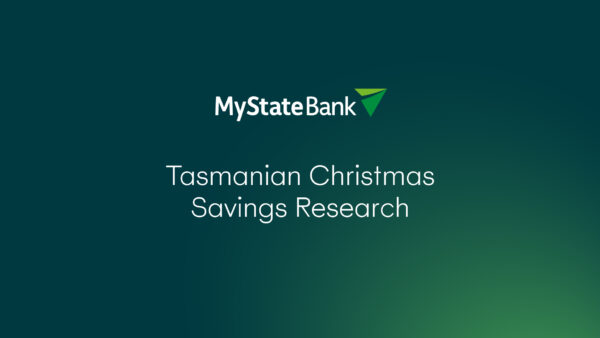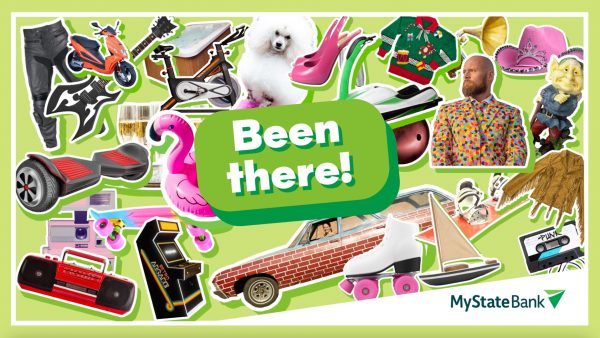Get some financial breathing space with debt consolidation

What you might need to consider before consolidating you debt
The Australian Securities and Investments Commission (ASIC) has revealed Australians owe $45 billion in credit card debt nationwide, around 1.9 per cent of Australian consumers are struggling with credit card debt (According to ASIC’s newly-released review into credit card lending). One solution for dealing with debt is consolidation.
The concept of debt consolidation may sound scary but it can actually be a worthwhile financial solution for individuals dealing with multiple debts. In its most simplistic terms, debt consolidation means combining your outstanding debt and loans into one convenient loan, hopefully at a lower interest rate than you currently pay. Thus, enabling you to focus on one payment rather than several, allowing for more financial breathing space and may help you pay off debt sooner.
Before you consider looking into debt consolidation, there are some important tips to follow if you want to really get the most out of it.
- Remember you’re still in debt!
While debt consolidation makes it easier to manage your credit card and other repayments, this doesn't mean you're off the hook. You still owe money, it's just in one loan rather than several. This means the most important thing to remember with any consolidation scheme is that you're still in debt!
Just because you're credit card balances are all now on zero doesn't mean you should carry on using them. Something may need to change with your spending habits or you may to run into similar financial trouble in the future. Look at what you can cut back on and what's not working, and work out an action plan to pay off the debts that you've consolidated. It may help to speak to a financial planner if you're struggling to work out how to manage your money.
- Choose which debt to consolidate
Most of your debts will have varying interest rates, and normally its best only to consolidate those with high interest rate payments. If you were to include, for example, your car loan, you might be paying higher interest rates under your debt consolidation loan than you were under your car loan. It's best to carefully review the interest rates and other payments you're making on your current debts, and make sure that you're still going to be better off under your new repayment scheme.
- Do your research and be aware of fees and commission
The best debt consolidation plans come from being proactive. Shop around to find the best interest rate, and call your creditors to see whether you can renegotiate the terms of your current repayment. If you’re facing financial hardship due to extenuating circumstances, for instance you’ve fallen ill or lost your job, they’re usually willing to help.
- Always read the small print
Be aware of all fees and commissions you will have to pay and make sure you understand the terms and conditions of your loan, including the interest rate, loan term, minimum repayment amount and what happens if you fall behind on your repayments.
Whatever the debt consolidation plan you choose, ensure it's still something you're able to pay back. There's no point merging all your repayments together if you're still going to find it difficult to manage.
If you follow the above tips and choose a debt consolidation plan that really works for you, it can be a great weight off your mind. You'll no longer have multiple different debts with varying interest rates - instead, you'll have one, easily manageable loan that you can chip away at month to month. For information about MyState's latest debt consolidation offers that may work for you, contact the team today or check out our debt consolidation page.



